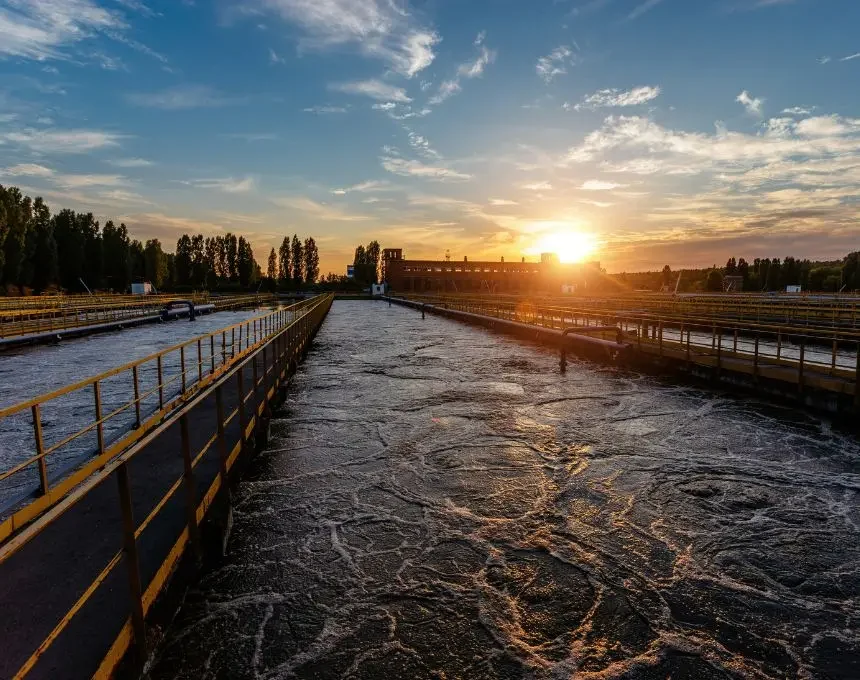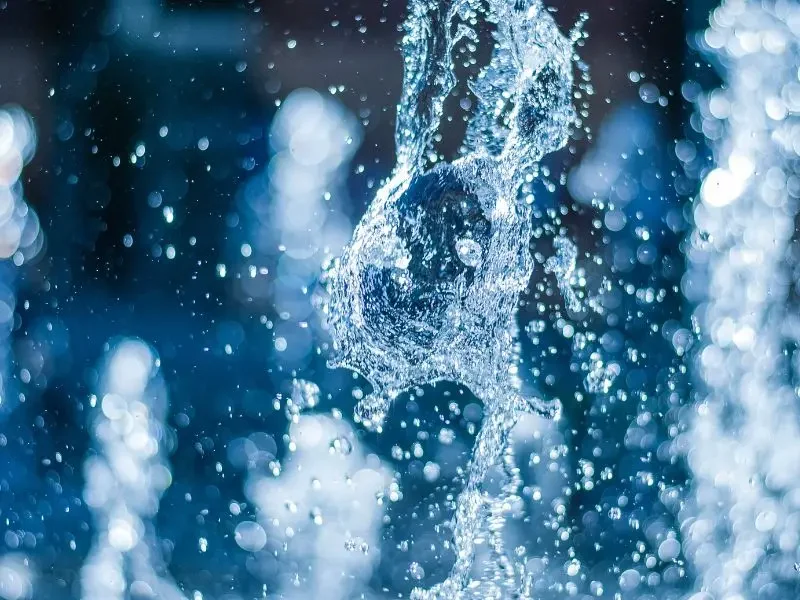What is our Trade Effluent Monitoring Service?
Effective trade effluent monitoring is essential for maintaining compliance, protecting the environment, and avoiding costly penalties. We provide end-to-end industrial water monitoring solutions tailored to your discharge consent requirements.
Whether you’re looking to install a new system, upgrade existing equipment, or need support understanding your regulatory obligations, our experienced team is here to help.
Menu of services
- Understanding your discharge consent
- Site survey and requirements assessment
- Short-term flow and load surveys
- System design
- Equipment supply and custom fabrication
- Installation and commissioning
- Calibration and verification
- Data collection and telemetry
- Maintenance and servicing
- Training and handover

